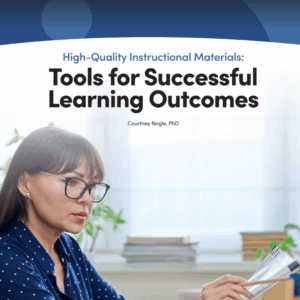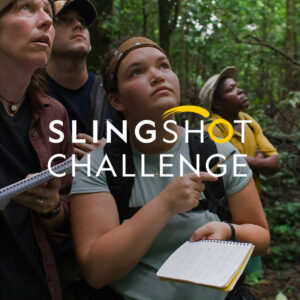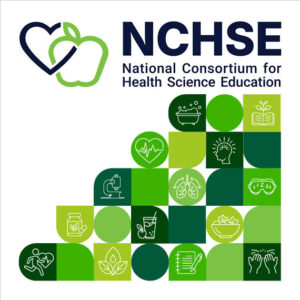
Building Success in Mathematics: Teaching with HQIM to Support Balance and Rigor
Explore how educators can strike the right balance between conceptual understanding and procedural fluency in math instruction. This blog highlights strategies for creating lessons that are rigorous yet accessible, helping students connect mathematical ideas to real-world applications while building confidence and mastery.










